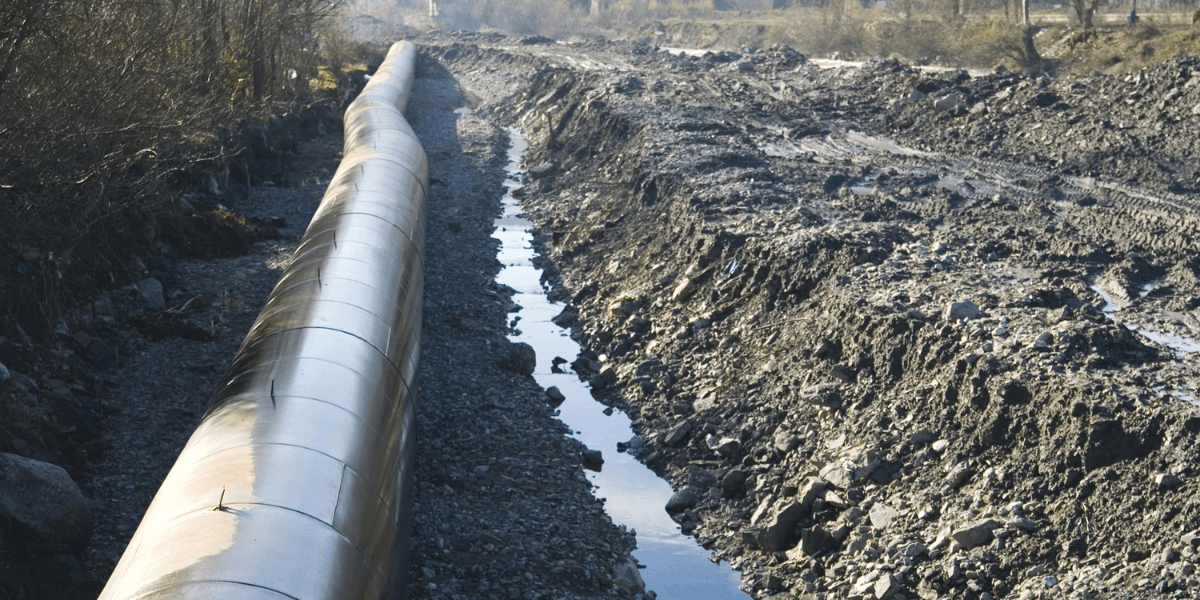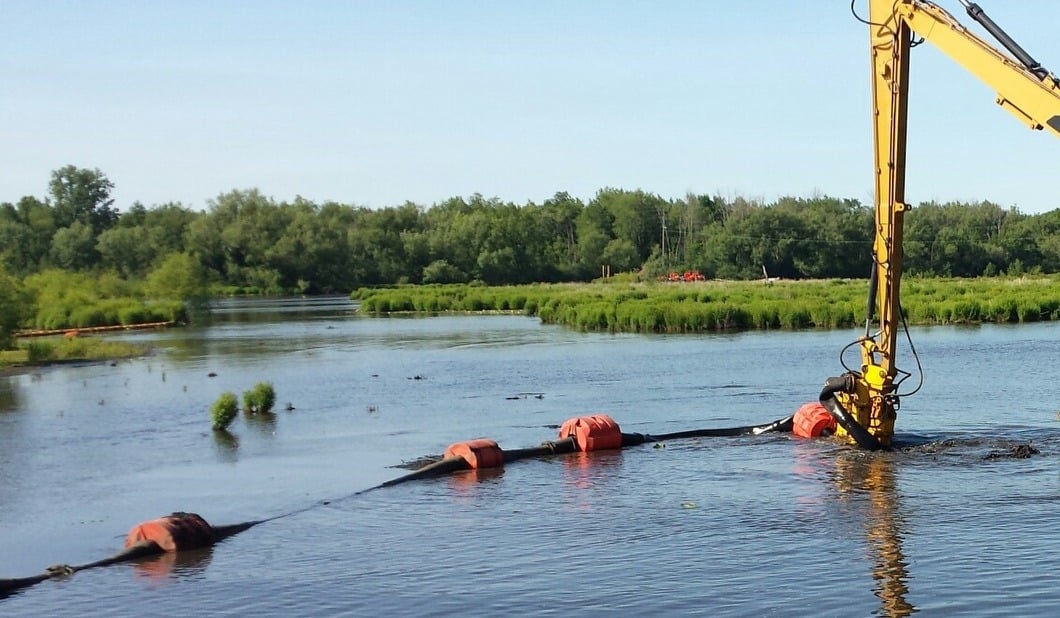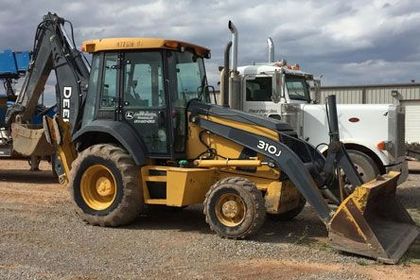A Comprehensive Guide to the Different Types of Oil Field Equipment and Pipeline Equipment Available
The oil and gas industry relies heavily on specific devices for reliable removal and transportation. Numerous kinds of equipment, from piercing rigs to tank, play crucial roles in this complicated procedure. Each tool offers distinctive features that add to general functional success. Recognizing these elements is necessary for anybody associated with the market. As the sector advances, so also do the innovations that support it. What innovations are on the perspective?

Drilling Rigs: The Foundation of Oil Exploration
Drilling rigs function as the essential equipment in the domain name of oil exploration, enabling companies to access hydrocarbon reserves buried deep below the Planet's surface. These rigs come in different types, consisting of land rigs, offshore rigs, and mobile systems, each developed to run in particular environments. Furnished with innovative innovation, drilling rigs can permeate geological formations with accuracy, making certain reliable source removal. The architectural stability and functional abilities of these rigs are crucial, as they must withstand severe conditions and significant pressures. Additionally, the selection of a boring rig affects the overall project expense and timeline, making it an important consideration for oil firms seeking to optimize their expedition efforts and optimize efficiency in their operations.
Pumps: Necessary for Liquid Motion
In the oil removal process, the role of pumps is significant, assisting in the movement of liquids throughout different stages of manufacturing. Pumps are vital for transporting petroleum, water, and other liquids from below ground storage tanks to the surface and after that through pipelines to refineries. They are available in various kinds, including centrifugal, positive variation, and completely submersible pumps, each offering particular objectives based on the fluid qualities and operational requirements. Centrifugal pumps are generally utilized for their performance in high-flow applications, while favorable variation pumps succeed in managing thick liquids. The selection of pump impacts general efficiency, functional safety and security, and upkeep prices. Correct option and maintenance of pumps are crucial for maximizing production and reducing downtime in oil area procedures.
Valves: Managing Circulation and Pressure

Valves play a crucial duty in managing the flow and pressure of liquids within oil fields and pipes. Numerous types of shutoffs offer distinct applications, each developed to meet specific functions fundamental for reliable operation - Superior Oilfield Rentals Texas. Recognizing the characteristics and uses these valves is important for maximizing system efficiency and safety
Kinds of Valves
Necessary parts in oil area procedures, valves play a vital duty in managing the circulation and pressure of fluids within pipelines and equipment. Numerous sorts of valves are utilized to meet the diverse requirements of oil and gas production. Common types include entrance valves, which offer a straight-line flow and very little pressure drop; globe valves, known for their strangling capacities; and sphere valves, recognized for their fast on/off control. In addition, check valves avoid heartburn, while butterfly shutoffs use a lightweight service for regulating circulation. Each valve kind is made with certain materials and configurations to withstand the rough conditions frequently found in oil areas, making sure reliability and performance in operations. Understanding these kinds is crucial for efficient system administration.
Valve Applications and Functions
While numerous sorts of valves serve distinctive functions, their primary applications rotate around controlling circulation and pressure within oil and gas systems. Valves such as entrance, globe, and sphere electric excavator valves regulate liquid movement, making sure peak efficiency and safety. Entrance shutoffs are generally used for on/off control, offering very little flow resistance. Globe valves, on the other hand, offer specific flow regulation, making them suitable for throttling applications. Round valves are preferred for their fast operation and limited securing capabilities. In enhancement, pressure alleviation shutoffs are important for preventing system overpressure, safeguarding tools integrity. Generally, visit the website the appropriate choice and application of valves improve functional efficiency, ensuring the trusted transport of oil and gas with pipes and processing facilities.
Compressors: Enhancing Gas Transportation
Compressors play an important duty in the efficient transport of all-natural gas, making sure that it relocates smoothly through pipes over fars away. These devices raise the stress of natural gas, enabling it to get over friction and altitude adjustments within the pipeline system. Additionally, compressors promote the harmonizing of supply and demand, fitting changes in usage and manufacturing prices. Different kinds of compressors are utilized in the market, consisting of centrifugal, reciprocating, and rotating screw compressors, each offering distinct advantages based on the operational demands. Routine upkeep of these compressors is important to optimize performance and decrease downtime, ultimately contributing to a reputable gas transport network. Their important feature highlights the value of compressors in the total oil and gas framework.
Storage Tanks: Safe and Reliable Liquid Administration
Efficient transportation of all-natural gas depends on different support group, among which is the appropriate administration of tank. These storage tanks play a vital role in securely having fluids, guaranteeing that functional effectiveness is maintained while decreasing environmental risks. Created from resilient products, they are made to stand up to high pressures and corrosive components. Appropriately sized and tactically situated, storage space tanks promote the smooth circulation of natural gas and various other fluids, preventing traffic jams in supply chains. Routine maintenance and surveillance are necessary to discover leaks or architectural issues, advertising security and compliance with regulative standards. Inevitably, the efficient management of tank is important for the overall honesty and reliability of the oil and gas sector's fluid handling systems.
Pipeline Systems: Framework for Transportation
Pipeline systems function as the foundation of the oil and gas sector, helping with the efficient transportation of hydrocarbons over large ranges. These systems consist of numerous components, consisting of pipelines, valves, pumps, and compressors, all thoroughly made to assure smooth circulation. The products utilized in pipeline building, often steel or additional resources high-density polyethylene, are picked for resilience and resistance to corrosion. Pipeline networks can cover across land and water, linking manufacturing websites to refineries and warehouse. In addition, progressed technology enables real-time monitoring of flow rates and stress degrees, boosting functional efficiency. The tactical placement of these pipes decreases ecological influence while making best use of resource access, thereby playing a crucial role in meeting energy demands worldwide.
Safety And Security Equipment: Guaranteeing Employee and Environmental Protection
The operation of pipeline systems, while crucial for power transport, likewise provides considerable security challenges for employees and the setting. Security equipment plays a significant duty in minimizing these threats. Personal safety devices (PPE) such as helmets, handwear covers, and non-slip shoes safeguards workers from physical hazards. Furthermore, gas detection systems keep track of for leaks, ensuring that harmful compounds do not present a risk to employees or the bordering community. Emergency situation shutdown systems are important for quickly stopping operations throughout a situation, protecting against prospective calamities. Spill containment products, including absorbents and obstacles, are fundamental for decreasing environmental influence. In general, investing in comprehensive safety tools is vital for maintaining functional integrity and shielding both workers and the environment in the oil and gas field.

Frequently Asked Questions
How Do I Choose the Right Oil Field Equipment for My Task?
Picking the appropriate oil area devices includes evaluating project specifications, budget restrictions, and functional demands. Take into consideration variables such as tools reliability, compatibility with existing systems, and the supplier's reputation to guarantee peak performance and safety and security.
What Are the Upkeep Needs for Oil Field Equipment?
Maintenance requirements for oil field equipment consist of routine assessments, lubrication, and prompt repair services. Operators must likewise comply with maker standards, screen performance metrics, and warranty compliance with safety and security policies to improve durability and performance.

Just How Can I Ensure Conformity With Environmental Regulations?
To guarantee conformity with ecological regulations, companies should carry out routine audits, apply ideal methods, spend in training, maintain correct paperwork, and remain updated on regulations (Superior Oilfield Rentals Texas). Cooperation with ecological agencies can likewise improve adherence to laws
What Is the Average Life Expectancy of Pipeline Equipment?
The typical life-span of pipeline tools generally ranges from 20 to 50 years, relying on variables such as worldly quality, ecological problems, and maintenance practices. Regular evaluations can substantially affect long life and functional efficiency.
How Do I Safely Transfer Oil Field Equipment to Remote Locations?
Delivering oil area equipment to remote locations requires careful planning, including course analysis, safeguarding authorizations, making use of ideal lorries, and ensuring safety and security methods are adhered to. Correct training and communication among staffs are essential for successful transportation.